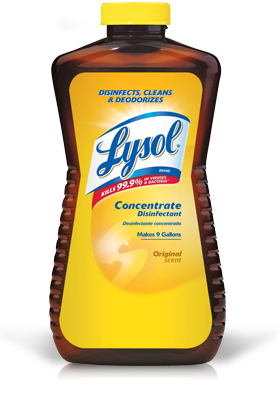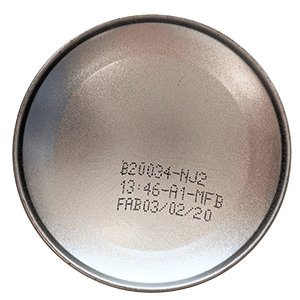KEEP OUT OF REACH OF CHILDREN
PRECAUTIONARY STATEMENTS: Hazards to Humans and Domestic Animals
DANGER: Corrosive. Harmful if swallowed. Causes irreversible eye damage and skin burns. Do not get in eyes, skin or on clothing. Avoid prolonged breathing of vapor or mist. Wear protective eyewear (goggles, face shield or safety glasses). Wear protective clothing and gloves. Wash thoroughly with soap and water after handling and before eating, drinking, chewing gum, using tobacco or using the toilet. Remove and wash contaminated clothing before reuse.
PHYSICAL HAZARDS: COMBUSTIBLE. Do not use or store near heat or open flame.


